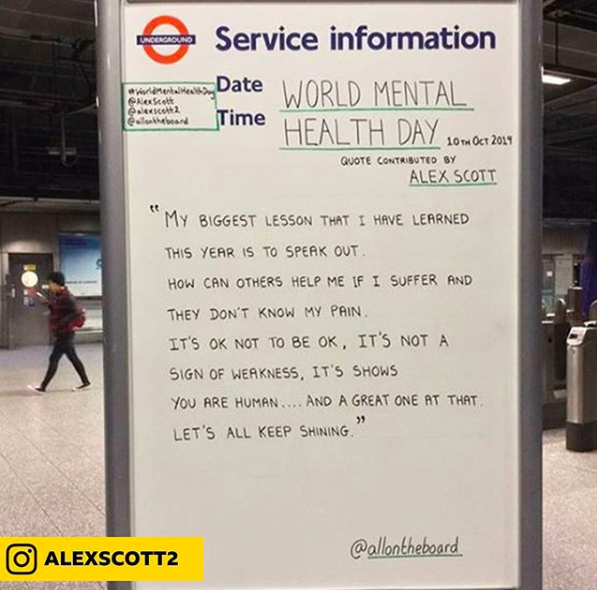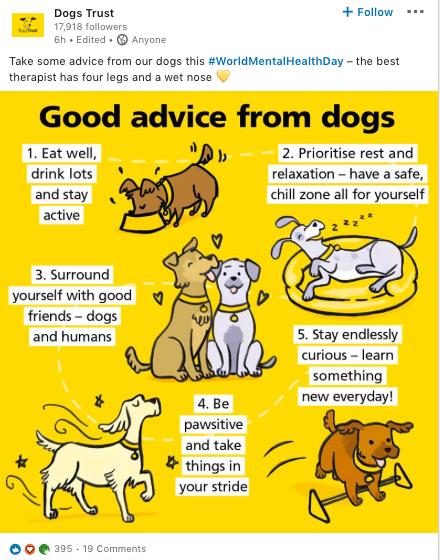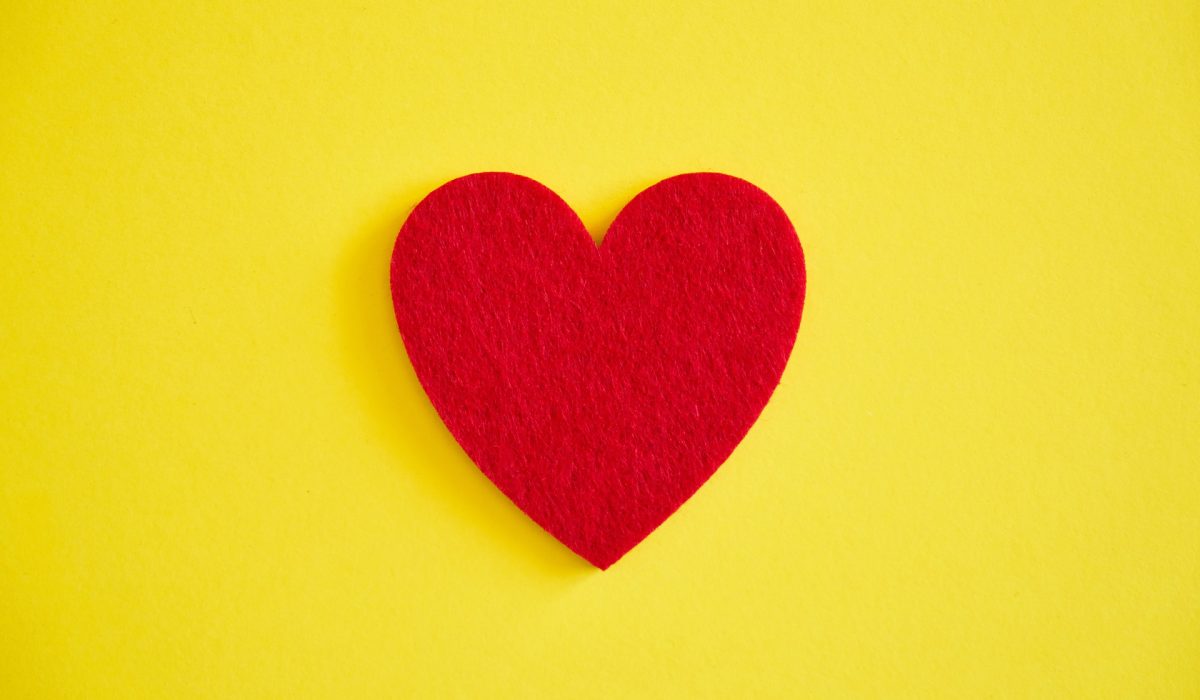Thursday 10th October marked World Mental Health Day – a global opportunity to raise awareness of mental health issues and address the social stigma surrounding the subject.
The theme of this year’s event was suicide and suicide prevention. Mental health charity Time to Change reported that nearly 800, 000 people every year die by suicide and it’s the leading cause of death among young people aged 20-34 in the UK. Recognised by the World Health Organisation, the annual event World Mental Health Day aims to raise public understanding of mental health and particularly address the stigma around suicide to support those who might need help.
Children and young people’s mental health charity, YoungMinds asked schools, offices and community groups to wear something yellow for their #HelloYellow campaign – helping to raise funds and awareness.
Celebrities and businesses alike shared messages of support across social media. BBCSport shared a quote on Instagram from footballer Alex Scott, written on a London Underground board.

HRH Prince Harry and Ed Sheeran also posted a video together showing their support…
“It’s like looking in the mirror!”
Prince Harry has shared a video featuring Ed Sheeran, as part of a project to raise awareness for mental health. #WorldMentalHealthDay
Read more here: https://t.co/PMnWm7VjPB pic.twitter.com/5Io3DbC3wK
— Sky News (@SkyNews) October 10, 2019
…and Dogs Trust even got in on the campaign, advising people to take advice from their canine counterparts!

With the average Brit checking their phone as much as 28 times a day and trolling and cyberbullying at an all time high, many argue that social media has a detrimental effect on mental health. A study by the University of Copenhagen proposed that many people suffer with ‘Facebook envy’, perhaps from a Fear of Missing Out (FOMO). The study reported that users who took a week-long break from the site were found to be more satisfied with life.
However a new government report released yesterday suggested that getting enough sleep and seeing friends has a bigger effect on teenage girls’ mental wellbeing than social media use. Whilst the negative impact gets the most media attention – there’s also many positives to social media that people tend to forget about. World Mental Health Day is a great example in itself as young people find support in one another by sharing their stories and experiences.
According to TalkTalk’s Teenage Loneliness and Technology Report earlier this year, teenagers often said they couldn’t afford to join in expensive activities with friends, or found that their friends were unreliable, making them feel lonely. Half of the teenagers surveyed believe that social media and the internet made them feel less lonely.
Back in 2014, there was the heart-warming story of a Michigan mother who created a Facebook page for her disabled son Colin, after he said he didn’t want a birthday party ‘because he had no friends’. The page received over 60,000 likes and she set up a P.O Box fo people to send him birthday cards and letters. A few weeks later, the story had spread to Good Morning America, who hosted a surprise celebration for Colin in Times Square.
We believe that social media allows self-expression and gives people a voice, especially those who might not be the first to raise their hand in a public setting. By sharing advice, answering questions and making connections, social media can facilitate friendships and relationships. It’s an incredible tool for social change, with charities and campaigns going viral every day to raise money and awareness.





